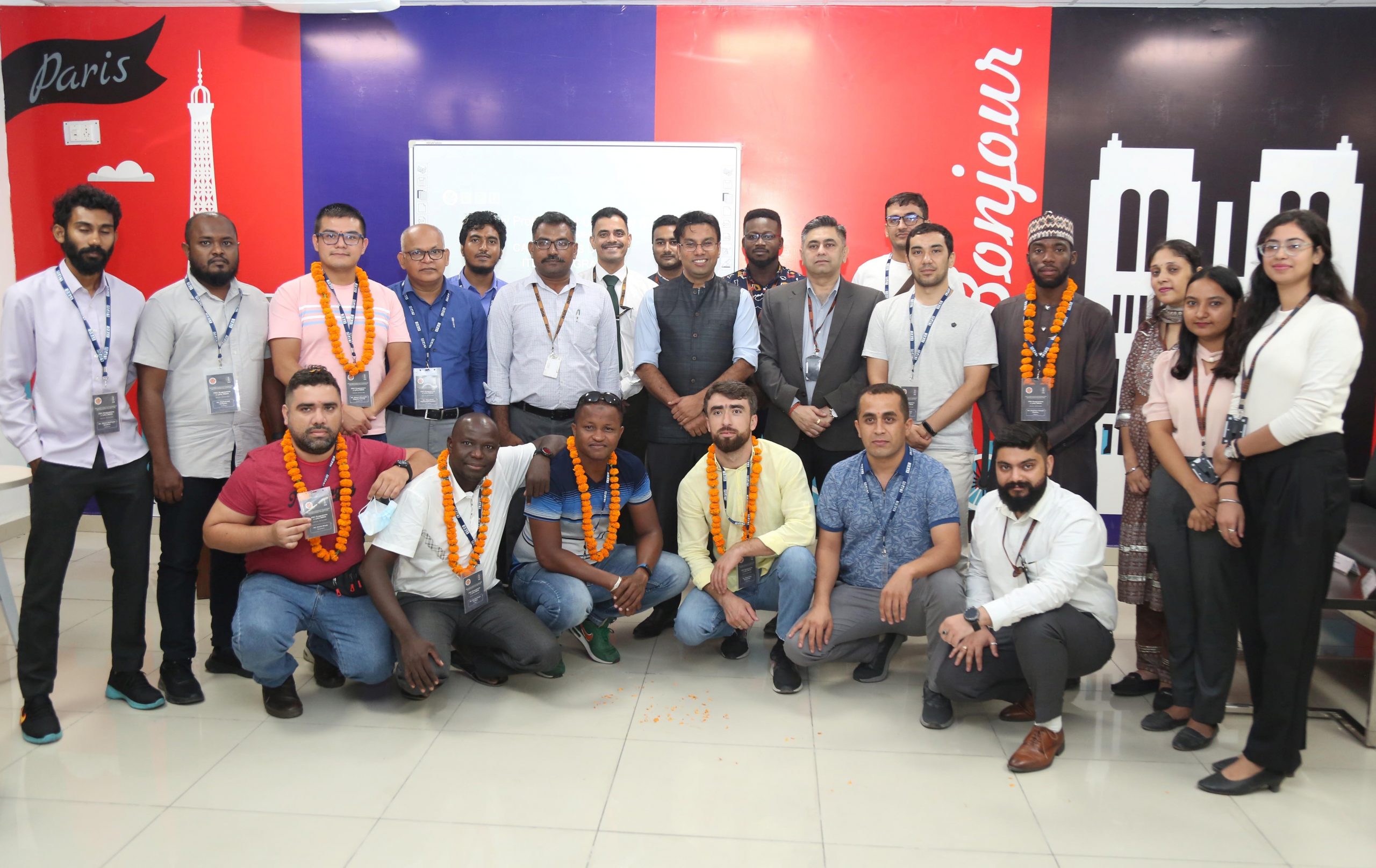Lovely Professional University (LPU) in collaboration with Indian Technical and Economic Cooperation (ITEC), Division of Ministry of External Affairs (Government of India), organized a four-weeks specialized course on “IoT technologies and applications for smart cities”. As per the instructional strategy at LPU, the whole program was workshop based- at first a discussion on the concept, and then about its implementation.
Here, 18 executives, managers, engineers and technical staff from smart city projects, regulators, policy makers, telecom operators, industry, and academia from 10 countries participated. The training course was designed to enhance the understanding of participants for IoT technologies needed for smart cities. It also covered case studies on how IoT can be deployed in cities, agriculture, healthcare and industries. The course also provided a basic understanding of IoT, as per working with microcontrollers and sensors.
The ITEC Programme is a bilateral programme of assistance of the Government of India. It was believed necessary to establish relations of mutual concern and inter-dependence based on commonly held ideals and aspirations, as well as solid economic foundations.
Vice President of LPU, ITEC Director at the University, Dr Aman Mittal informed that every year LPU trains thousands of foreign nationals on various long term and short-term training programs. Till date LPU has undertaken a total of 10 offline/online ITEC Programmes. Dr Mittal also expressed his happiness on the positive outcome of the programme. He shared that all of the participants learnt to their maximum. It is expected that all of them would use the same knowledge in the smart development of their respective country.
In fact, under ITEC related programmes, 161 countries in Asia, Africa, East Europe, Latin America, the Caribbean, Pacific and Small Island countries are invited to share in the Indian developmental experience acquired over seven decades as a free nation. These programmes have generated immense goodwill and substantive cooperation among the developing countries. This time, 10 countries which participated are Tajikistan, Sudan, Kenya, Guatemala, Maldives, Niger, Sri Lanka, Nicaragua, Ethiopia, and Nigeria
One of the participants Ms. Sharon Ann Kerubo from Kenya shared that the program covered various aspects of the IoT ecosystem. These included communication technologies, deployment strategies, and global connectivity planning. The importance of building a horizontal common service layer for smart cities applications was emphasized upon. Discussions were also held about smart governance and citizen services; security, privacy and regulatory issues; data analytics; and, other related aspects pertaining to IoT based applications.


